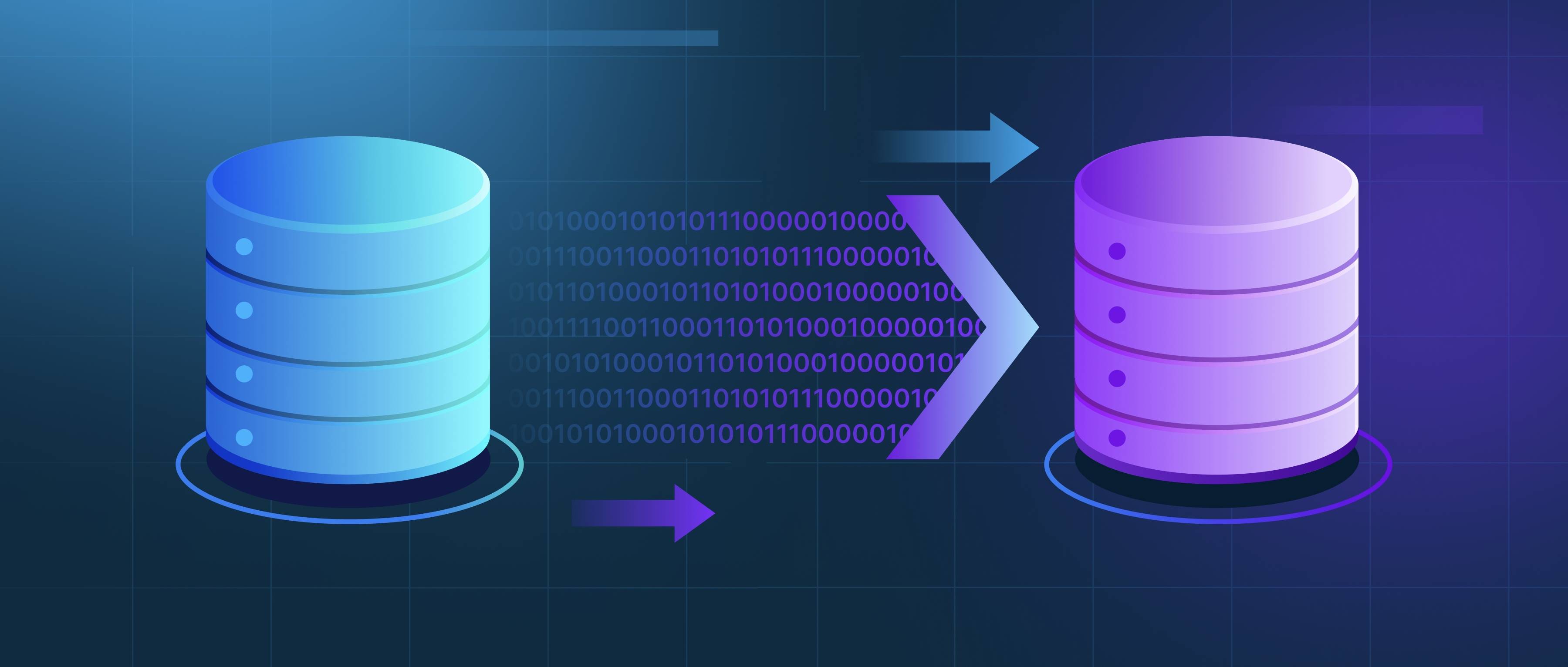Whether 80% accuracy is considered good in machine learning depends on the context of the problem and the baseline performance. In some domains, such as healthcare or autonomous driving, even small errors can have critical consequences, so higher accuracy (e.g., 95%+) may be required. On the other hand, for less critical tasks like product recommendations, 80% could be sufficient. Accuracy alone doesn’t always reflect model performance. For imbalanced datasets, accuracy might be misleading. For example, if only 5% of samples belong to the positive class, a model predicting all samples as negative would still achieve 95% accuracy. Metrics like precision, recall, F1-score, and AUC-ROC are often better indicators of performance in such cases. It’s also important to consider whether the model outperforms simpler baselines or existing methods. For example, if a problem already has a rule-based system achieving 75% accuracy, a machine learning model with 80% accuracy may not justify its complexity. However, if the baseline accuracy is 50% (random guessing), then 80% represents a significant improvement. Always evaluate model performance in the context of the task’s requirements and trade-offs.
Is 80% accuracy good in machine learning?

- Master Video AI
- The Definitive Guide to Building RAG Apps with LangChain
- Exploring Vector Database Use Cases
- The Definitive Guide to Building RAG Apps with LlamaIndex
- AI & Machine Learning
- All learn series →
Recommended AI Learn Series
VectorDB for GenAI Apps
Zilliz Cloud is a managed vector database perfect for building GenAI applications.
Try Zilliz Cloud for FreeKeep Reading
How does anomaly detection apply to cloud systems?
Anomaly detection in cloud systems refers to the process of identifying unusual patterns or behaviors in data that could
How do knowledge graphs aid in natural language processing (NLP)?
Knowledge graphs are structured representations of information that describe relationships between entities, concepts, a
Can OpenAI models understand context?
Yes, OpenAI models can understand context to a significant extent. These models are designed to generate human-like text